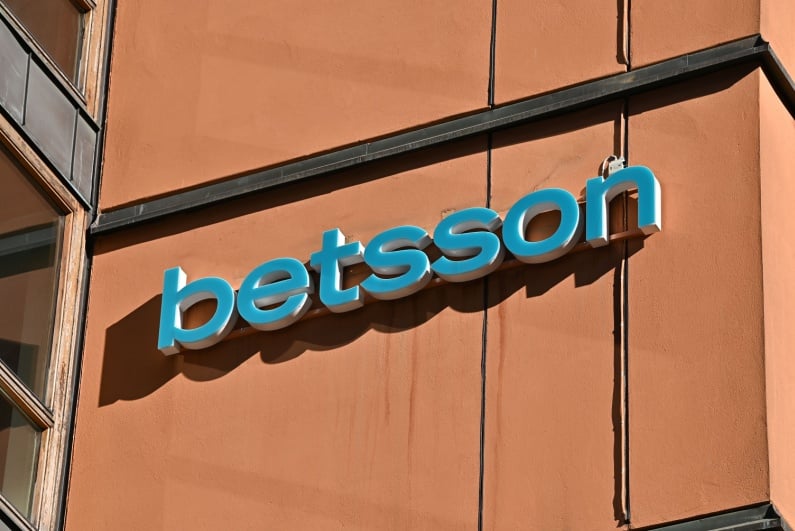Vietnam is opening up its gambling laws because the country is probably losing out on tens of millions of dollars a year in potential tax revenue.
For many years, Vietnam has had significant restrictions on its gambling sector. However, the underground gambling scene has been thriving. With the government needing a cash injection, this could be the best course of action.
The people of Vietnam love their gambling, which is why so much is spent each year in underground establishments.
The Communist Party has been in power in Vietnam since 1975. It has been illegal to gamble in most ways ever since then. The reason for this was that the government believed gambling was having a detrimental impact on society.
Expansion in gambling laws
Under current laws, anyone caught placing a bet illegally with a stake of over $88 face a custodial sentence. If the value of the bet is over $2,200, it could mean imprisonment for two to seven years.
However, it appears to these gambling laws will soon be eased as the state seeks ways to collect additional revenues. In 2017, a law passed that allows Vietnam citizens to gamble in predefined casinos.
This program will run for a trial period of three years. To be allowed to gamble, a person needs to earn at least $455 monthly and not have a criminal record. In addition, they need the permission of their family. A payment of about $44 has to be paid each day they go to the casino.
The government has been easing laws in other ways. A law passed in 2016 allows overseas investors to build integrated casinos in Vietnam. In 2017, a five-year trial program started to allow betting on greyhound racing, international football, and horse racing. While the state heavily regulates this betting, it is certainly a significant step forward.
Two casinos where qualifying Vietnam citizens can play are planned. The first is the Vai Dai Integrated Resort Project, which is being developed on Quoc Island.
Gambling expansion has not been rushed through. There were a lot of debates about this issue, and most of these programs are operating on a trial basis. The government commissioned studies to predict what sort of negative impact could be expected as a result of the high level of illegal gambling.
This illegal market brings in revenues of billions of dollars each year. As part of the attempt to gather gambling tax revenues through new measures, the government is also coming down hard on these illegal operations.
One of the biggest busts came in March on a gambling ring that was dealing with as much as $420m (£320m). A couple of senior government officials were implicated, and more than 90 individuals were arrested as a result of this operation.
There was another significant bust in September; as a result, the leader of this operation went to prison for nine years.
Economic troubles
The Vietnamese government is getting very close to the public debt ceiling, which is 65% of the gross domestic product (GDP). Therefore, new sources of revenue are needed to finance government operations and service the debt.
The tax rate for gambling operations is 35%. There have been talks recently about lowering this to around 20% to encourage investment by gambling operators. The resort casino industry brings a couple of billion dollars into the country each year, and a significant slice of this goes to the government.
In recent years, a lot of Vietnamese have been going abroad to get their gambling fix in places like Macau and Cambodia. An estimated $800m (£609m) leaves the country this way.
Other countries in the region have improved their economic fortunes by pairing their tourism industry with casino offerings. This is especially true of nearby Cambodia.
The easing of gambling laws in Vietnam could lead to a slew of foreign investors getting on board in an untapped market. The country’s resort casinos will open soon, which will increase tax revenues for the government, as will other casinos that will be developed in years to come.




